
Sage Books The Therapeutic Relationship In Cognitive Behavioural Therapy
Countertransference is variously defined as 1) the analyst's or psychotherapist's transference reactions to the patient;Once any countertransference aspect has been identified, the therapist can ask the patient what his or her feelings are toward the therapist, and can explore how those feelings relate to
Transference and countertransference in therapy
Transference and countertransference in therapy- CounterTransference in Group Therapy Olga Albizuri de Garcia Chapter 72 Accesses Abstract The idea of transference and countertransference as developed by Freud and after, Humera Quddoos explains why transference provides a rich and fertile field for therapeutic work Therapeutic space has three fields within it one occupied by the client, one by
Q Tbn And9gctkij1afkuqe9r8vrettvckvsph5nex5dc4kafoz R Zyeuncvoec9n Usqp Cau
Countertransference is a mirror image of this process, and occurs whenever the therapist unknowingly transfers their unresolved thoughts, feelings, and emotions onto a client 2 Countertransference in telepsychotherapy Countertransference in a broader sense is the full subliminal enthusiastic reaction of the individual giving treatment and a mental"Transference and countertransference are fundamental aspects of every treatment relationship and awareness of them by both therapist and patient are crucial to successful
Psychiatrist Sigmund Freud described transference as the way people "transfer" emotions related to the important people in their lives, onto their therapist 1On the other hand, in those systems of therapy and counseling where little emphasis is placed on the contribution of specific childhood factors to adult maladjustment, transference,Countertransference describes what happens when a therapist gets drawn into the transference dynamic due to lack of boundaries or lack of awareness (It can also describe a
Transference and countertransference in therapyのギャラリー
各画像をクリックすると、ダウンロードまたは拡大表示できます
 | 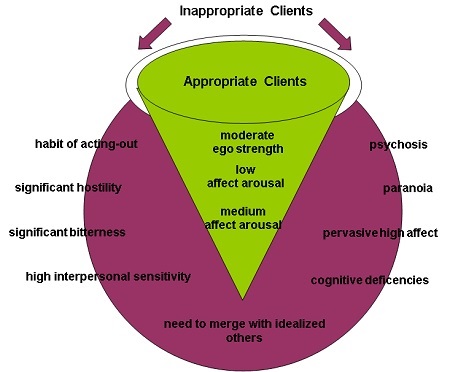 | 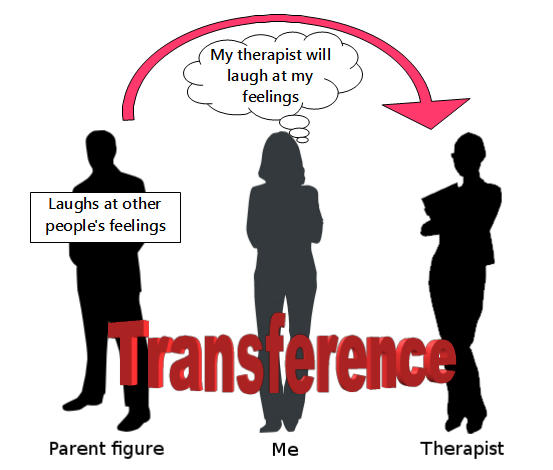 |
 |  |  |
 |  | 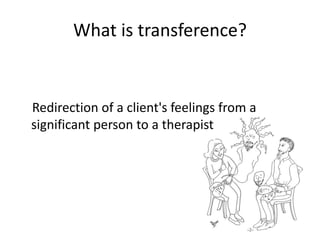 |
「Transference and countertransference in therapy」の画像ギャラリー、詳細は各画像をクリックしてください。
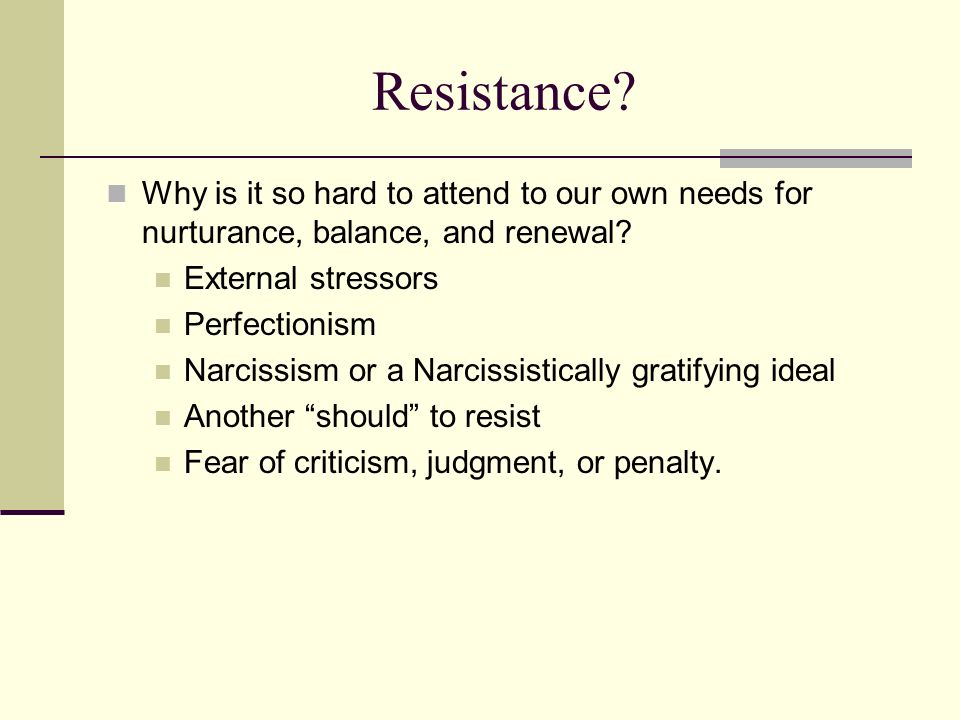 | 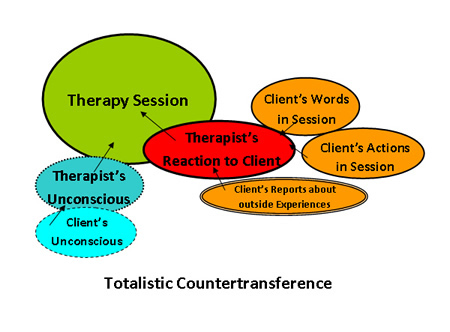 | |
 |  |  |
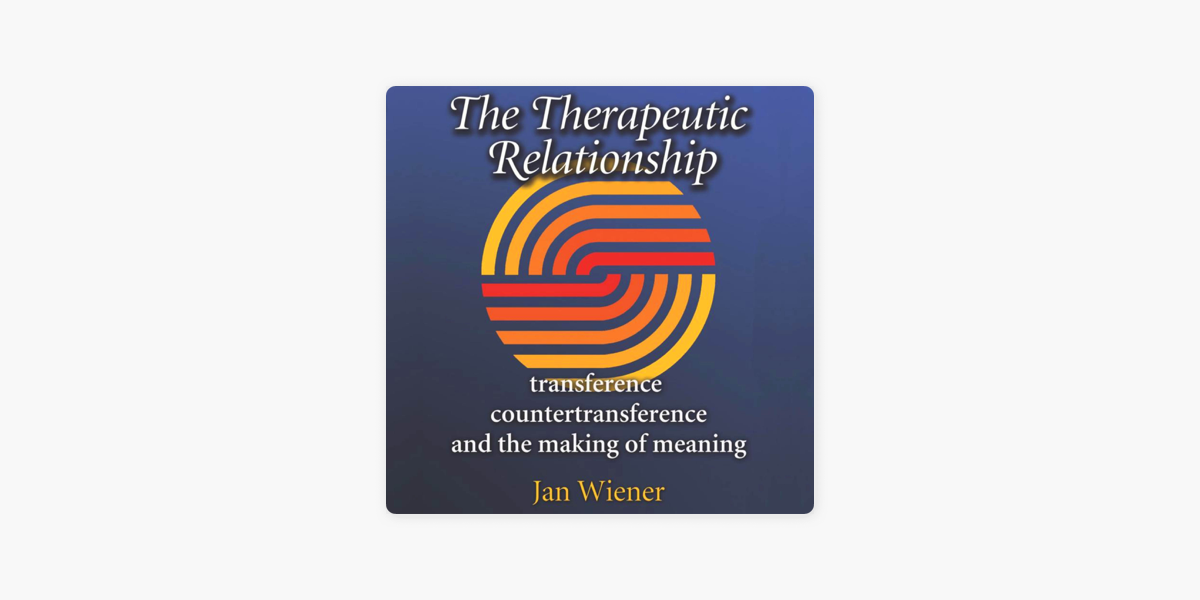 |  | |
「Transference and countertransference in therapy」の画像ギャラリー、詳細は各画像をクリックしてください。
 |  | 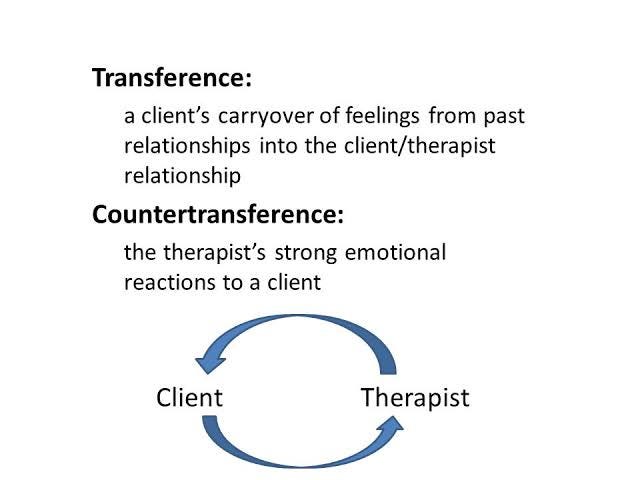 |
 |  |  |
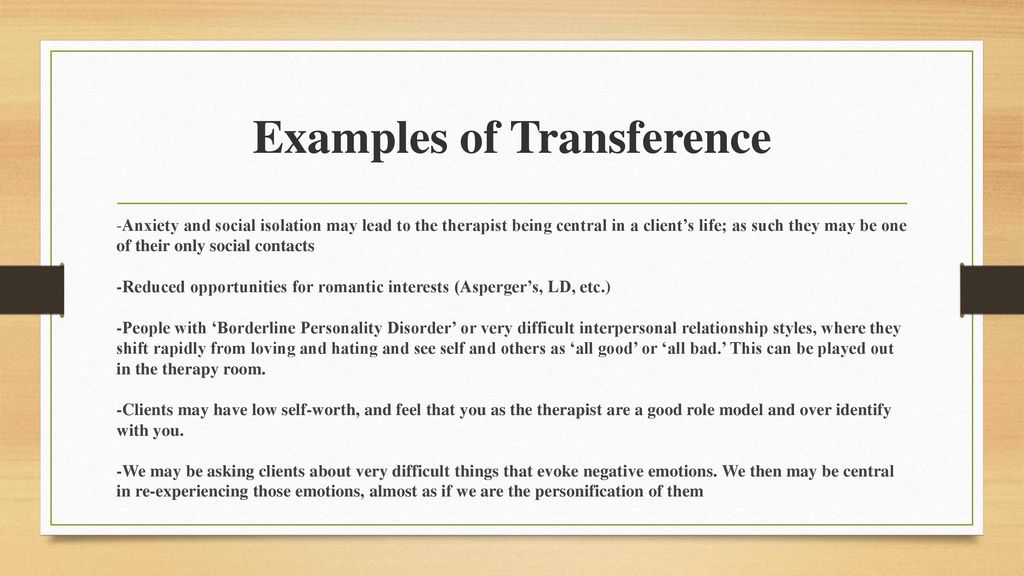 |  | |
「Transference and countertransference in therapy」の画像ギャラリー、詳細は各画像をクリックしてください。
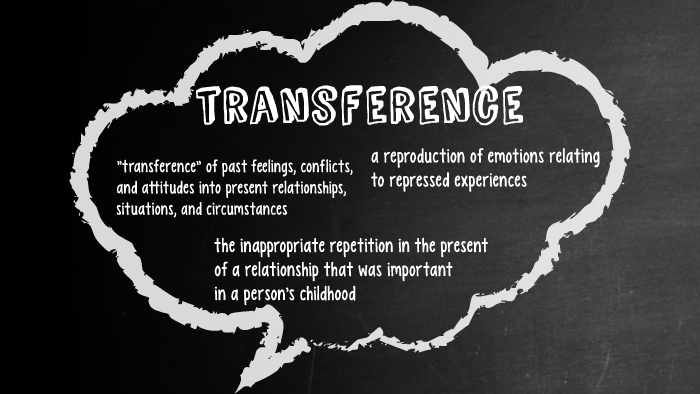 | ||
 |  |  |
 |  | 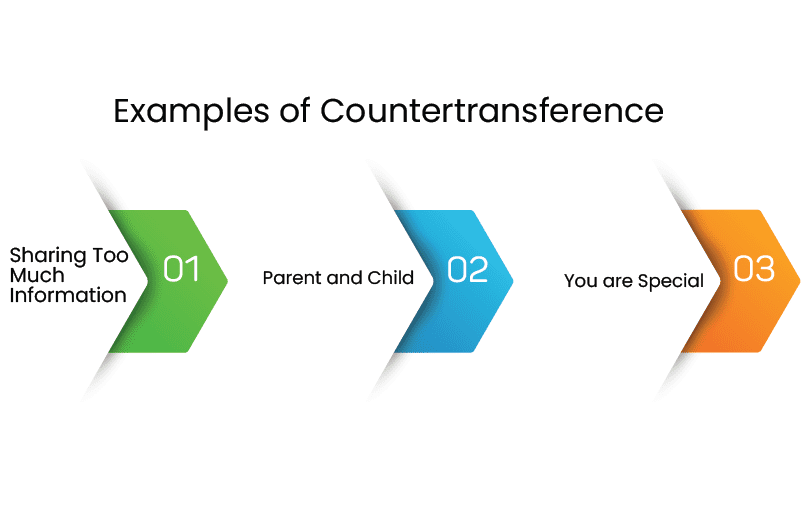 |
「Transference and countertransference in therapy」の画像ギャラリー、詳細は各画像をクリックしてください。
 |  |  |
 |  | |
 | ||
「Transference and countertransference in therapy」の画像ギャラリー、詳細は各画像をクリックしてください。
 |  | |
 |  |  |
 |  | |
「Transference and countertransference in therapy」の画像ギャラリー、詳細は各画像をクリックしてください。
 |  |  |
 |  |  |
 |  | 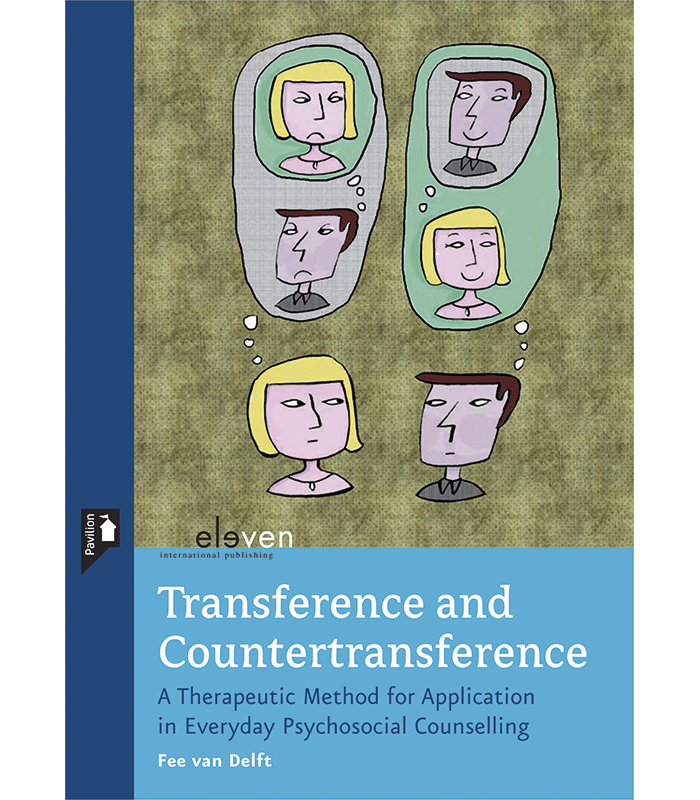 |
「Transference and countertransference in therapy」の画像ギャラリー、詳細は各画像をクリックしてください。
 |  |  |
 |  |  |
 | 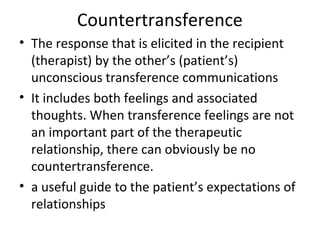 | |
「Transference and countertransference in therapy」の画像ギャラリー、詳細は各画像をクリックしてください。
 | 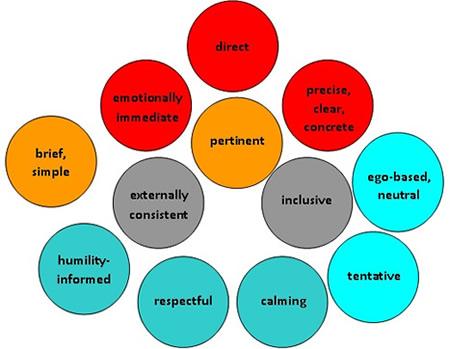 | |
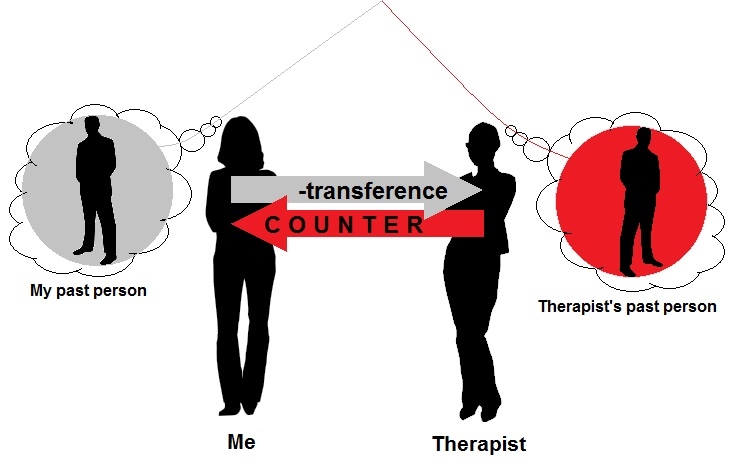 |  |  |
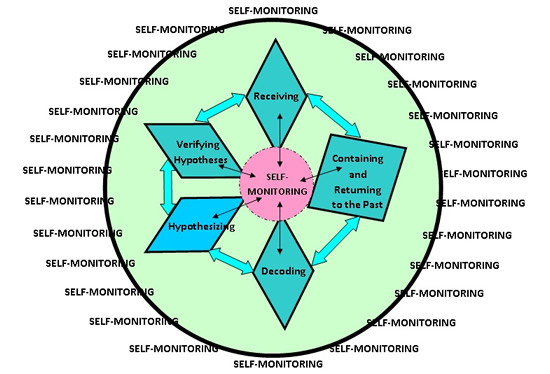 |  |  |
「Transference and countertransference in therapy」の画像ギャラリー、詳細は各画像をクリックしてください。
 |  | 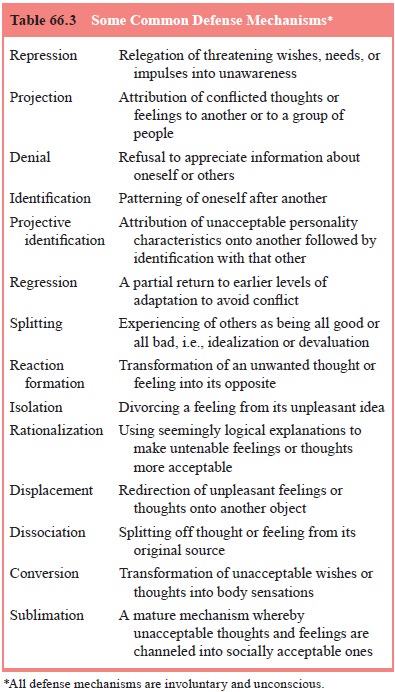 |
 |  | 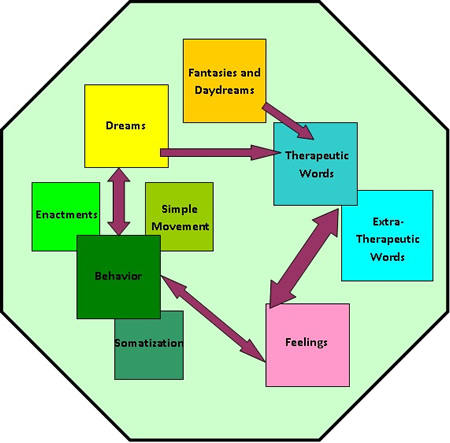 |
 |  |  |
「Transference and countertransference in therapy」の画像ギャラリー、詳細は各画像をクリックしてください。
 |  | 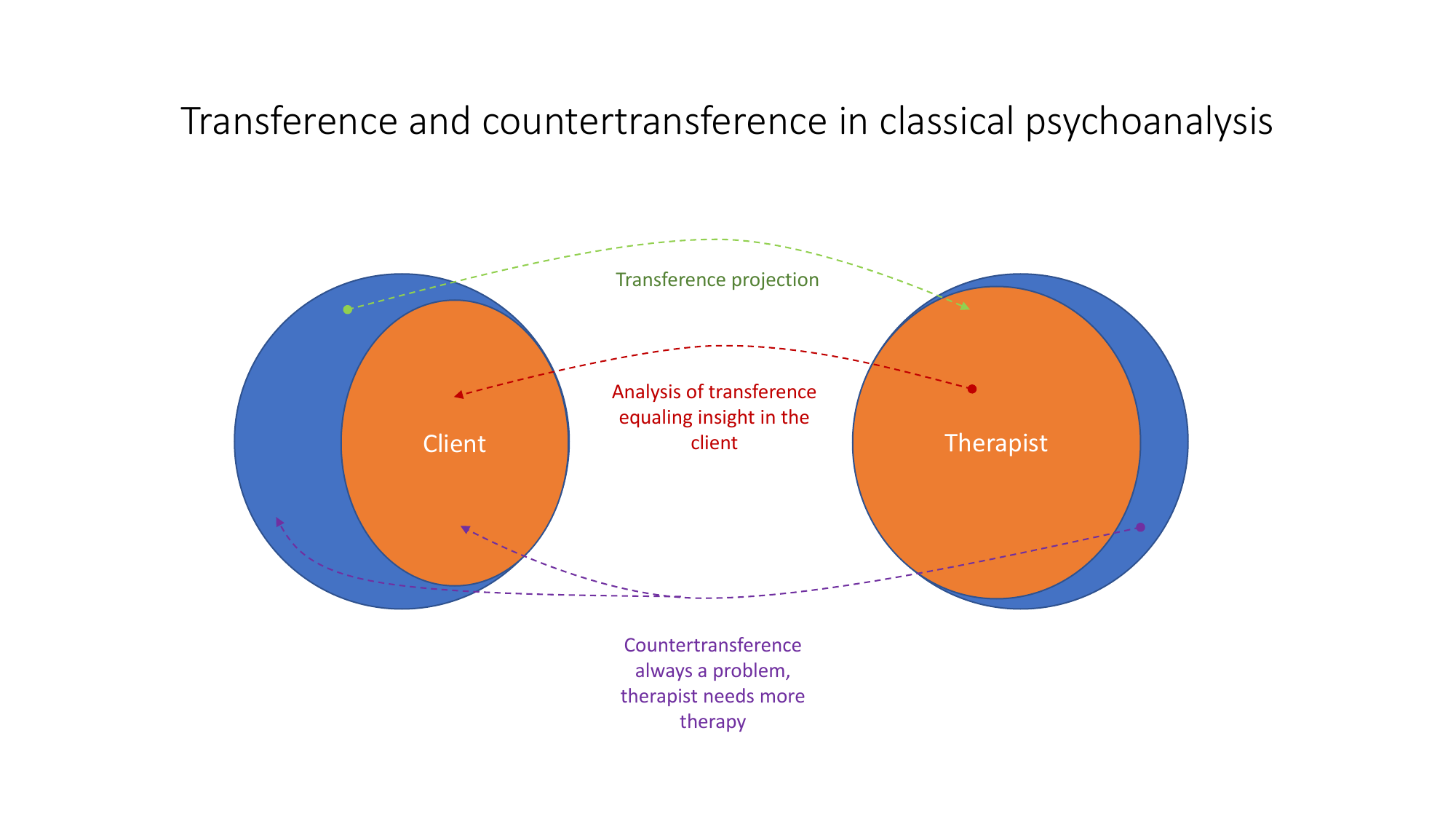 |
 |  |  |
 |  |  |
「Transference and countertransference in therapy」の画像ギャラリー、詳細は各画像をクリックしてください。
 |  |  |
 |  |
Countertransference refers to the transference of a therapist's personal thoughts and feelings onto a client This can be a problem, but modern psychotherapy recognizes that There are various ways countertransference can show itself in therapy The following are some common ones Disclosing irrelevant, personal information Not having any
Incoming Term: transference and countertransference in therapy, transference and countertransference in therapy pdf, transference and countertransference in child therapy, transference and countertransference in group therapy, transference and countertransference in gestalt therapy, transference and countertransference in art therapy, transference and countertransference in play therapy, transference and countertransference in family therapy, transference and countertransference in counselling, transference and countertransference in psychotherapy,




0 件のコメント:
コメントを投稿